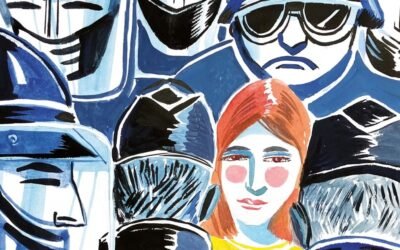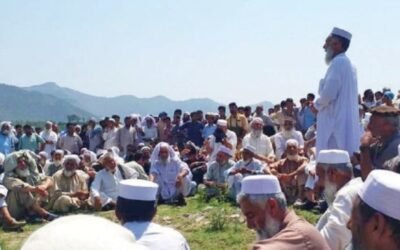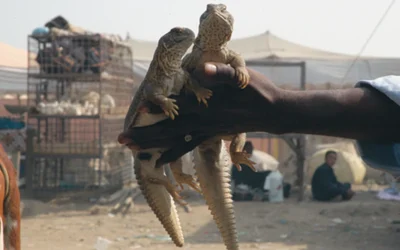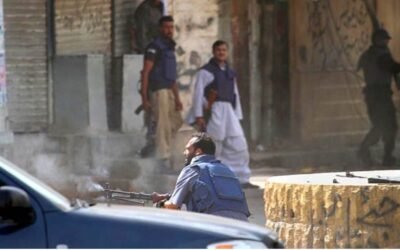Child sexual abuse (CSA) remains a significantly under-addressed issue in Pakistan. These cases are often shrouded in silence due to societal factors. In CSA cases, a gap in communication between children and parents is also an issue. It hinders children from disclosing instances of sexual abuse or molestation. Pakistan has seen an alarming rise in CSA cases. The Sustainable Societal Development Organization (SSDO) reported a 220% increase in CSA cases over the past 5 years.
Despite legal frameworks like the ZAARA bill, crimes are only increasing. This showcases severe political oversight on the part of the Government. Legal processes for punishing offenders are extremely slow. Meanwhile, children – the most vulnerable group – continue to suffer. This article provides an overview of CSA in Pakistan and legal failures. It also highlights the psychological and physical consequences of such abuse on children.
You May Like To Read: Fake NGOs and their Role in Money Laundering and Terror-Financing
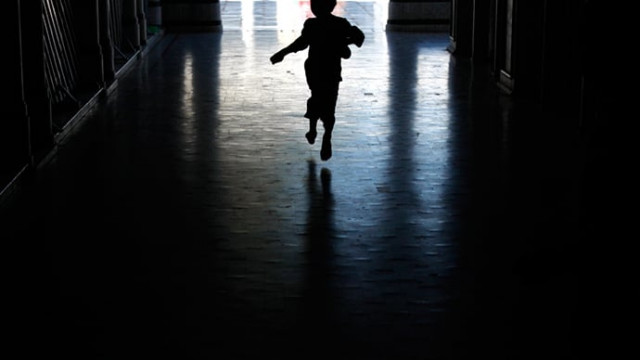
Source: The Express Tribune
The Statistics
In 2023, an NGO found that 12 children were sexually abused per day. Or one every two hours. This is a gut-wrenchingly alarming figure and has, unfortunately, only risen. The Cruel Numbers Report by Sahil, a child protection NGO, revealed a distressing statistic. Pakistan has witnessed a 20% increase in CSA cases in the first six months of 2025.
Between January to June 2025, a total of 1956 CSA cases were reported. This is a sharp rise compared to 630 in the first half of 2024. Of the total reported victims, 1019 were girls and 875 boys. This showcases a disturbing trend where both genders are vulnerable. 3% of the reported cases were newborns. Regionally, Punjab reported 72% of all CSA cases. Sindh accounted for 22% while the remaining 6% were from KPK, Gilgit-Baltistan, Azad Kashmir, and federal territories. However, statistics need to be taken with a grain of salt. Lower reports do not mean a lower occurrence of crime. It is possible that in areas with low CSA rates, these crimes are not being reported but still taking place. Thus, Police statistics are often unreliable. Guardians/Parents of survivors do not report CSA for fear of not being understood and being blamed, abashed, and embarrassed.
Why are CSA cases not reported?
CSA incidents often go unreported. This is not just the case with Pakistan, although socio-cultural factors do contribute to it. In Pakistan, one of the reasons for not reporting might be the social costs and stigma attached to victims of sexual abuse. Most of the time, CSA cases remain hidden due to children’s limited vocabulary. They simply do not know how to communicate the heinous crime they have suffered. Even when they do realize, they are unable to communicate and lack a safe space to have those conversations. Victims also could have been intimidated or manipulated into keeping silent by offenders.
In some cases, the victims feel embarrassed to report. Feelings of humiliation and guilt about the abuse are not uncommon. Survivors often blame themselves for letting the incident happen, even though it is in no way their fault. But perhaps the most significant reasons behind not filing a case are that the perpetrator is often a member of the family. Indeed, in 49% of the abuser was someone known to the child or family. Researchers say that there is a reluctance to report in-family abuse. 38% of in-family abuse is not reported until 5 years after it occurs. All these factors make CSA statistics unreliable, as the figures may be much higher than what’s seen. Nevertheless, this only highlights the need for better preventative measures. Children should be educated on matters early.
Governmental Measures and Legal Failures
Pakistan passed the Zainab Alert Response and Recovery Bill (ZAARA) in January 2019. It was established after an eight-year-old girl from Kasur who had been a victim of sexually motivated murders in 2018. The bill introduced harsh punishments for perpetrators rather than offering preventative solutions. Maximum punishment was that of life imprisonment. Minimum punishment was from 7-14 years with a fine of Rs. 20 million. Police officers who showed a delay in performing their duty were to face severe penalties.
Although the bill has been passed, harsh punishments do not mean an automatic decrease in crime. There are implementation failures. The police are inept in dealing with and arresting perpetrators. Even when they are taken into custody, the legal process takes a long time. For the victims, the fight for justice is long and exhausting. The State also needs to ensure the protection of its children through multiple laws and policies. CSA cases are amongst the most heinous crimes, and the Government must give them serious consideration.
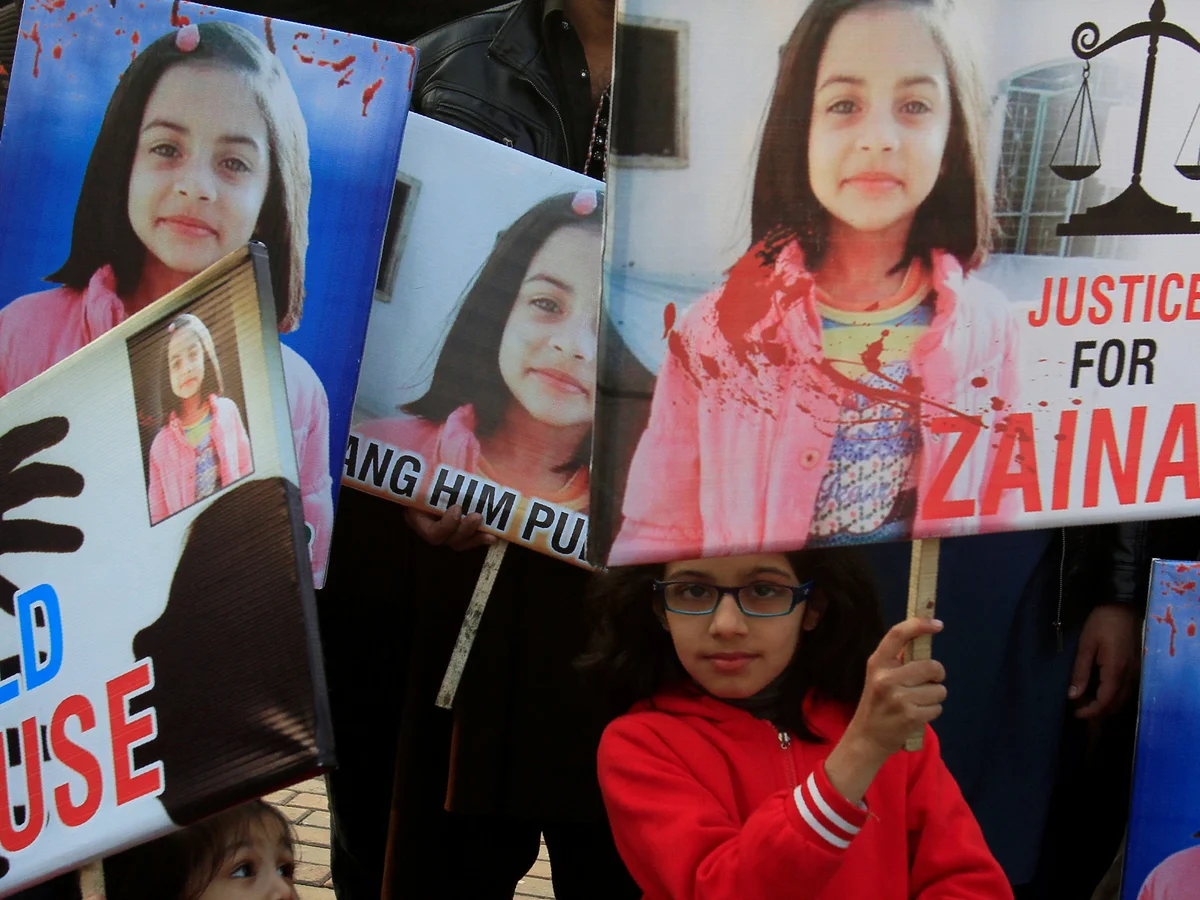
Source: The Guardian
Psychological Trauma of CSA Victims
CSA can have long-lasting psychological effects on the victims. Sexual abuse in childhood and adolescence is linked with several psychopathologies. These include depression, anxiety, and PTSD. Prolonged distress throughout life is also common. Symptoms of depression, like sleep problems, somatic issues, timidity, and aggressive behavior, have also been noted in victims. CSA may also lead to low self-esteem, behavioral issues, and impaired relationships. The victims are likely to have drug addiction possibilities as well. Gupta and Garg found that child sexual abuse indicates an increased self-harming behavior, fear, depression, and even impaired brain development. The powerlessness they must have felt during the incident is likely to follow them through the rest of their lives. CSA leaves a lasting scar on victims.
Conclusion
Child sexual abuse in Pakistan is not just a crime – it is a national crisis that demands urgent action. The rising statistics prove that silence, stigma, and weak legal implementation mean that children continue to suffer. Punitive laws alone are not enough. Effective prevention, swift justice, and survivor-centered support systems are essential. Families, communities, and the State must break the culture of denial. Instead, they must prioritize the protection of children above all else. The future of a nation depends on the safety of its youngest members. Pakistan can no longer afford indifference.
You May Like To Read: Banned Clerics and Bolder Platforms: Can We Really Silence Extremism Online?



